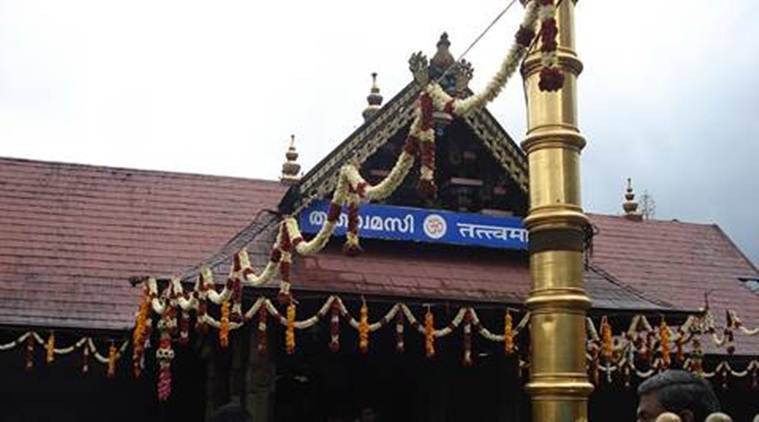 Kerala government also opposed the reference in a review petition saying the Sabarimala matter is a decided case and cannot depend upon the outcome of the reference to be given by the nine-judge bench.
Kerala government also opposed the reference in a review petition saying the Sabarimala matter is a decided case and cannot depend upon the outcome of the reference to be given by the nine-judge bench.
A nine-judge Supreme Court Bench will on February 10 pronounce its decision on objections to the reference order made by a five-judge bench which heard the Sabarimala review petitions.
After the order, the court will frame the issues for hearing if necessary and resume hearing next week.
On Thursday, the bench headed by Chief Justice of India S A Bobde reserved its order on the question “whether this court can refer questions of law to a larger bench in a review petition?”. The CJI observed that “by making a reference order, the Court has not prejudicially affected anybody’s rights. At the most, it may be an innovative procedure, but has not affected anybody’s rights”.
The CJI also expressed surprise over arguments that the SC could not have made such a reference and said, “It was being argued that the President can make a reference and seek opinion but this court cannot.”
The nine-judge bench also comprised Justices R Banumathi, Ashok Bhushan, L Nageswara Rao, M M Shantanagoudar, S A Nazeer, R Subhash Reddy, B R Gavai and Surya Kant.
Solicitor General Tushar Mehta said though the five-judge bench which made the reference was hearing a review, they have passed the order in exercise of their original powers and not in furtherance of the review. “Technicalities never come in the way of your Lordships’ duty to do justice. It is the justice that is relevant and not technicalities,” he said.
He referred to a case in which the SC had kept a review pending and referred the larger questions of law to a Constitution Bench.
Opposing the reference, senior advocate Fali S Nariman said that in the case that Mehta had referred, the review was admitted and the main case reopened. He said a three-judge bench had in 2007 referred the Sabarimala matter to a larger bench and a five-judge bench answered these questions.
“Then a review is filed. The scope of a review is not like in an original petition. It is extremely limited,” he said. Nariman wondered how the court was going to answer the questions referred to without facts.
“We have left that to the hearing,” remarked the CJI.
Senior advocate Indira Jaising pointed out that several writ petitions were also filed along with the review petitions and said the court must first decide whether the reference order was made in the writ petitions or the review. She said that a judicial order cannot be challenged by way of a writ petition under Article 32 and contended that the reference order amounted to intra-court appeal.
Appearing for Kerala, senior advocate Jaideep Gupta opposed the reference.
He pointed to a situation where the reference lays down a new law and asked how that can be applied to the facts of the case which was decided on the basis of the existing law.